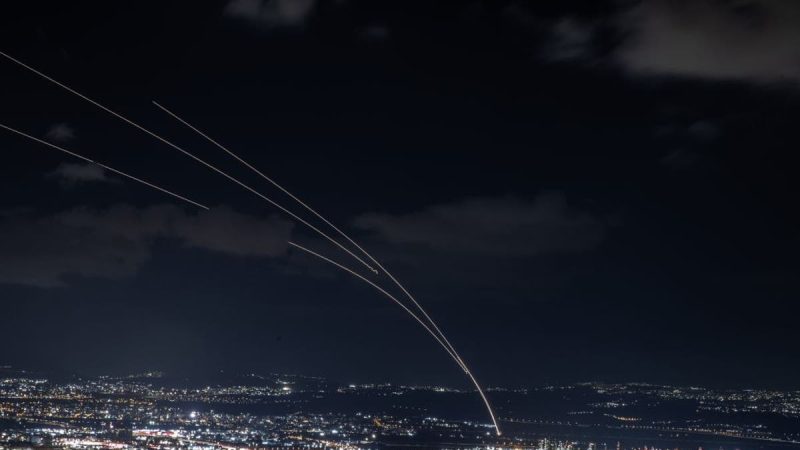The recent Hezbollah rocket attack on Israel has escalated tensions in the region, as a rocket struck Haifa for the first time. This incident marks a significant development in the ongoing conflict between Hezbollah and Israel, raising concerns about the potential for further violence and instability.
Hezbollah, a militant group based in Lebanon, has long been a prominent player in the Middle East, known for its anti-Israel stance and its support from Iran. The group’s rocket attacks on Israeli territory are nothing new, but the targeting of Haifa, a major city in northern Israel, represents a dangerous escalation.
Haifa is not only a strategic location due to its proximity to Lebanon but also a key hub for Israeli industry and commerce. The rocket attack on Haifa sends a strong message from Hezbollah, indicating their ability to strike deep into Israeli territory and disrupt daily life in major urban centers.
Israel’s response to the rocket attack is crucial in determining the course of future events. The Israeli government faces the delicate task of balancing a strong military response to deter further aggression while avoiding a full-scale conflict that could have devastating consequences for both sides.
The international community, particularly regional powers and Western countries, must play a role in de-escalating tensions and preventing a further deterioration of the situation. Diplomatic efforts and pressure on both Hezbollah and Israel to exercise restraint and seek peaceful resolutions are essential to avoid a broader conflict with far-reaching consequences.
The latest rocket attack on Haifa serves as a stark reminder of the volatile nature of the Middle East and the constant threat of conflict in the region. It is imperative for all parties involved to prioritize dialogue, diplomacy, and de-escalation in order to prevent further violence and promote a sustainable solution to the longstanding tensions between Hezbollah and Israel.




























